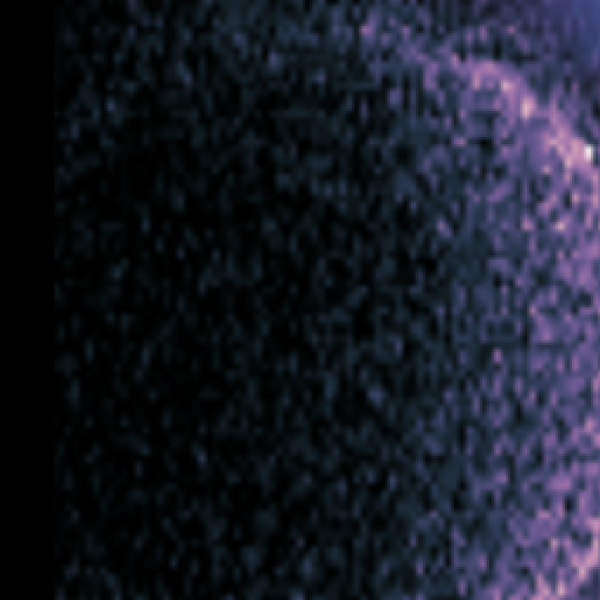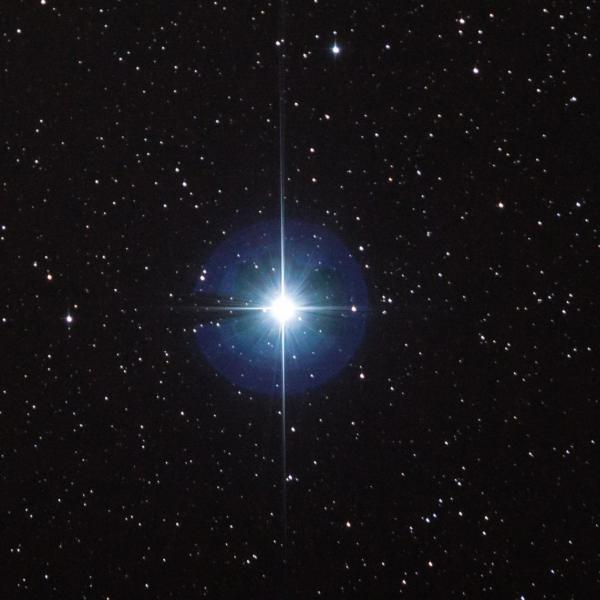Community Edition - March 14, 2021
Discover What's Here
CU Boulder Where You Are canceled for March 23
CU Boulder Where You Are: Exploring CU Boulder’s Counterculture through the Archives will be postponed. We expect to reschedule for noon on Tuesday, May 30.
Nobel laureate to explore gene editing, COVID-19 vaccines in March 17 talk
Distinguished Professor Tom Cech will present a virtual lecture titled “The Magic of RNA: From CRISPR to Coronavirus Vaccines," focusing on how RNA has become better understood and how those discoveries have unlocked exciting new medical possibilities.
Course on individual, societal wellness during pandemic now freely available
CU Boulder’s interdisciplinary course titled "Health, Society and Wellness in COVID-19 Times" is now available to the general public on Coursera.
Research in Your Backyard
Student teachers and mentor teachers support one another with joy, creativity in the classroom
In these unusual times, the School of Education is grateful for school partners, who are helping CU Boulder student teachers navigate challenging times. We asked student teachers and their mentor teachers what their partnership has meant to them.
New wave technique allows for better understanding of the skull
Matteo Mazzotti is the first author on two new studies that measure the dynamic response of the human skull, potentially providing a new and non-invasive way to monitor the cranial bone and brain. Mazzotti is a research associate in the Paul M. Rady Department of Mechanical Engineering as part of Professor Massimo Ruzzene’s lab.
Scientists uncover blueprints for avian plumage
New research sheds light on the genetic underpinnings of plumage for a prominent Eurasian bird.
New Hope Probe images show the glow of Mars' upper atmosphere
“Moments like these, when the first science data comes back from an instrument you’ve been working on for years, are always special," said LASP scientist Mike Chaffin.
A giant, scorching-hot planet may be orbiting the star Vega
Vega, one of the brightest stars in the night sky, may play host to a giant planet with average surface temperatures of 5,390 degrees Fahrenheit.
In Focus

Through the spring semester, campus officials are providing weekly updates. In this issue: Community testing available at mobile site; Medical Services provides new vaccine education resource; and more.










